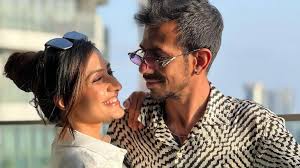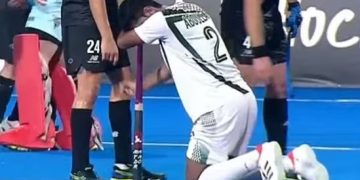The Supreme Court on Friday accepted the apology tendered by Senator Faisal Vawda and Muttahida Qaumi Movement-Pakistan (MQM-P) lawmaker Mustafa Kamal and withdrew the contempt of court notice issued to them.
According to the court’s order, read by Chief Justice Qazi Faez Isa, both the parliamentarians — Senator Faisal Vawda and Member of the National Assembly (MNA) Mustafa Kamal — have realised that the words they used were inappropriate.
“They have now withdrawn their statement and tendered an unconditional apology to the court,” read the order.
Vawda, on Wednesday, tendered an unconditional apology to the apex court in the contempt case, saying that he has left himself on the mercy of the apex court. Kamal had, earlier this month, also sought an unconditional apology for his remarks against the judiciary.
The court further wrote about withdrawing the show-cause notice issued to both politicians in view of their reflection on the matter and tendering of apology.
During the hearing, the chief justice remarked: “In Article 66 — freedom of speech to speak in the parliament — of the Constitution, you can stand up and speak in the parliament.”
CJP Isa instructed both politicians to “be careful in the future” when mentioning the judiciary. “We respect you and hope you respect us. Demeaning each other will harm the public,” said the chief justice.
CJP told Vawda and Kamal that Article 66 protects lawmakers from speaking in the Parliament and not outside it.
The court’s decision comes more than a month after it had issued contempt of court notices to both politicians after they had done hard-hitting press conferences against the judiciary in May, with Vawda saying that no allegations could be levelled without evidence and Kamal sought to establish ethical standards for the judges as justice could “only be bought”.
Their statements had come after six Islamabad High Court (IHC) judges wrote a letter to Supreme Judicial Council (SJC) members, pointing out the intelligence agency’s meddling in judicial affairs. The politicos also pointed out the dual citizenship of an IHC judge.



















































